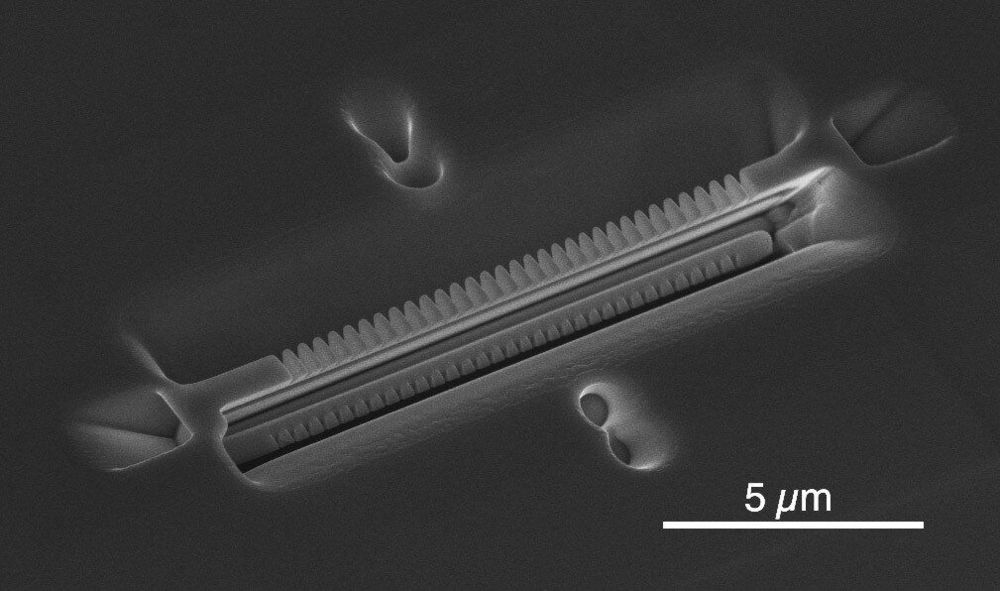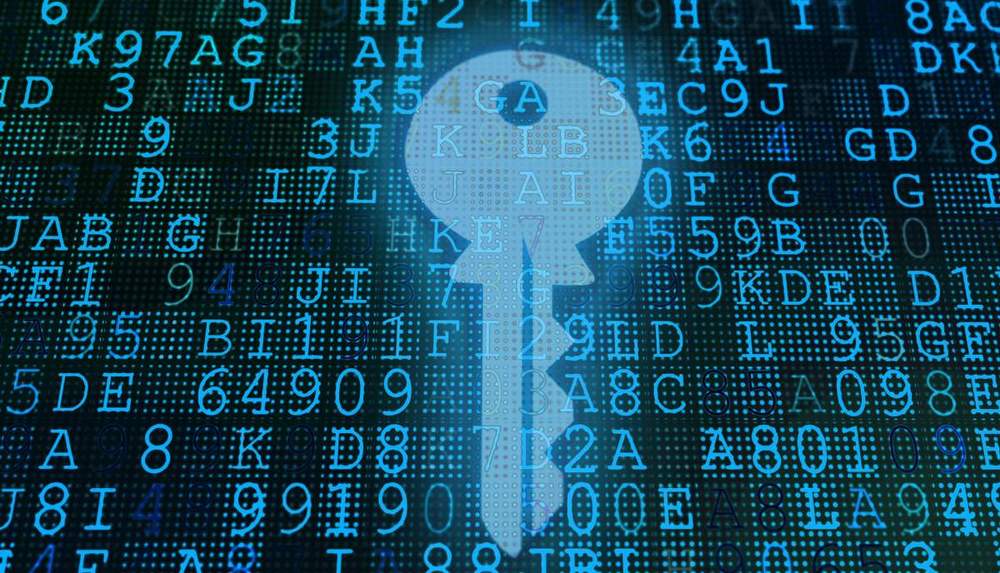NASA, one of SpaceX’s biggest customers, also prohibits its employees from using Zoom, said Stephanie Schierholz, a spokeswoman for the U.S. space agency.
The Federal Bureau of Investigation’s Boston office on Monday issued a warning about Zoom, telling users not to make meetings on the site public or share links widely after it received two reports of unidentified individuals invading school sessions, a phenomenon known as “zoombombing.”
Investigative news site The Intercept on Tuesday reported that Zoom video is not end-to-end encrypted between meeting participants, and that the company could view sessions.








